LOKI – Season Two
Loki finds himself literally lost to time and torn between the past, present, and future.
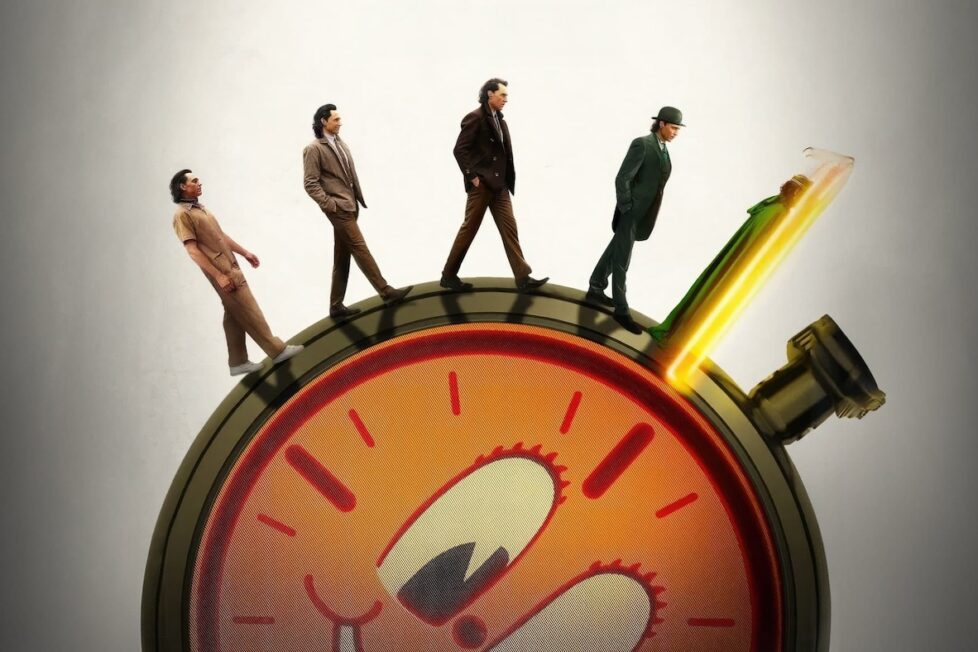
Loki finds himself literally lost to time and torn between the past, present, and future.


Among the nine Marvel Studios television series currently produced for Disney+, Loki stands out as the most successful in terms of both narrative quality and wider significance. While other shows may have proven more entertaining or consistent, Loki was a compelling and worthy continuation of the fan-favourite character’s journey.
The long-form narrative format also proved to be an ideal way to explore a complex sci-fi narrative, which, if condensed into a few hours in the cinema, would undoubtedly have lost its depth and nuance.
Loki’s first season concluded in a manner that didn’t unequivocally demand a continuation. The introduction of heady concepts like the Time Variance Authority (TVA) had been accomplished, and it appeared that the story would now transition into the movies, particularly as its Kang the Conqueror (Jonathan Majors) backstory set up a variant of that character to be the antagonist for Ant-Man and the Wasp: Quantumania (2023). However, Loki became the first Disney-Marvel show to be granted a second season, and despite some dips in quality, it ultimately justifies its existence.
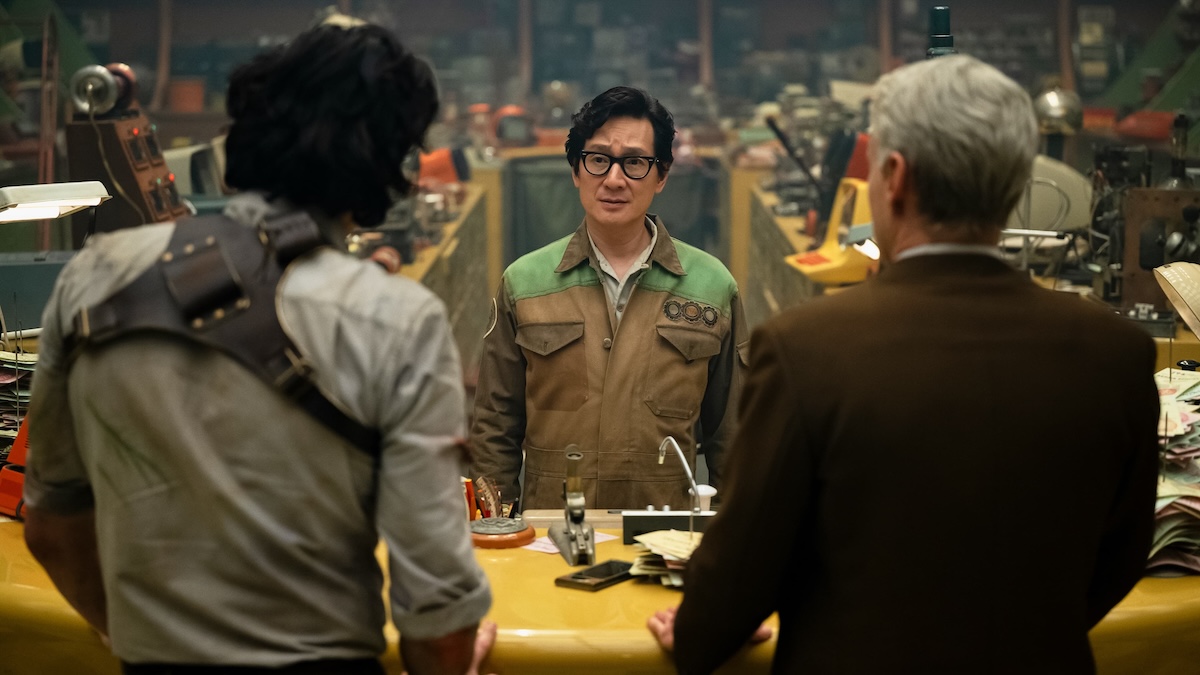
Emerging from the shocking aftermath of Sylvie (Sophia Di Martino) murdering ‘He Who Remains’ and thus creating the multiverse, Loki (Tom Hiddleston) finds himself involuntarily traversing the vast expanse of time (or “time slipping”) as a direct consequence. But as he navigates moments from the past, present, and future, Loki uncovers a secret: the TVA was once under the dominion of a Kang variant, an ally of the enigmatic Ravonna Renslayer (Gugu Mbatha-Raw), who erased the memories of everyone who works there.
Worse, the emergence of infinite new timelines is overwhelming the Temporal Loom, a device that oversees the flow of time. With the Loom on the brink of destruction, Loki enlists the help of Mobius (Owen Wilson) and eccentric technician Ouroboros (Ke Huy Quan) to avert a catastrophe that would see the end of every reality. Their quest leads them to Victor Timely (Majors), an unassuming 19th-century Kang variant whose unique temporal aura holds the key to stabilising and upgrading the Loom.
It’s hard to avoid the feeling that Season 2 of Loki is bogged down by unnecessary complexity. Season 1 was relatively straightforward, but now it seems like the writers, led by Eric Martin, weren’t entirely sure how to continue the story for a full season. As a result, they’ve stretched what could easily have been a three-part epilogue into another six hours.
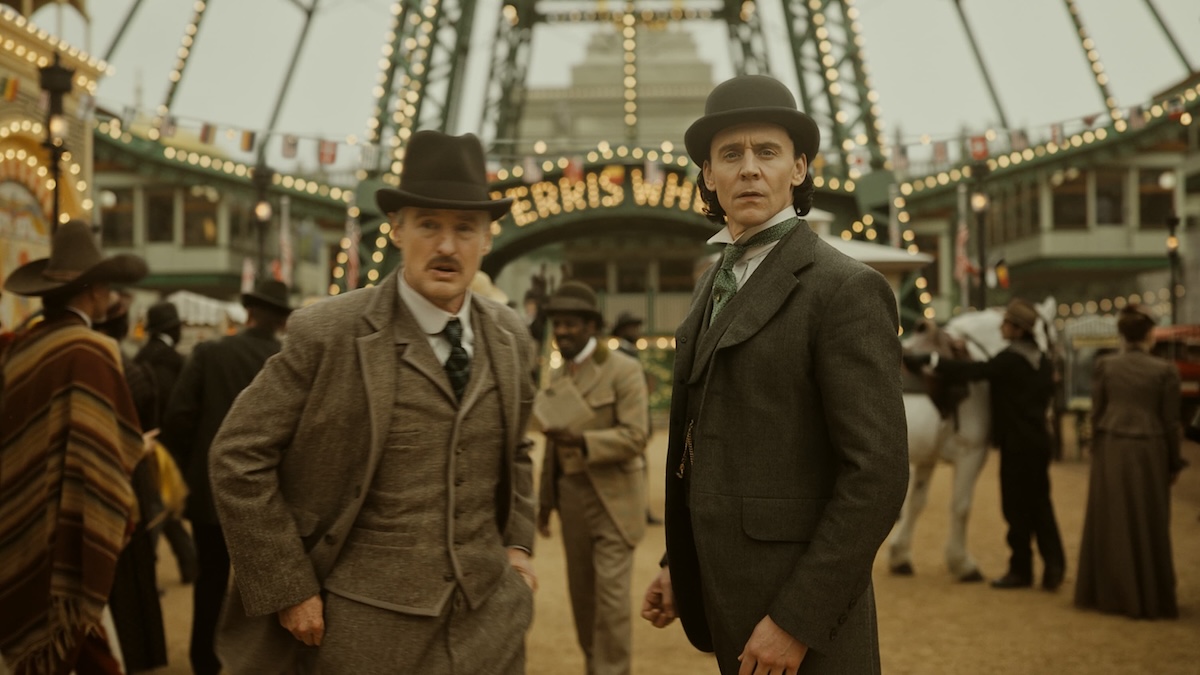
This means there’s a lot of filler material and characters whose ongoing presence isn’t really justified. Sylvie is a particularly egregious example of this. She worked amazingly well as an impetuous female Loki variant who questioned his decision-making, but this season she’s just hanging around and being annoyingly blasé about the damage she’s caused to billions of timelines.
Jonathan Majors’ love-it-or-hate-it portrayal of Victor Timely is overshadowed by a few factors, including the actor’s real-life controversies and the sudden uncertainty over Kang’s future in the MCU. This external noise, coupled with Majors’ somewhat exaggerated portrayal of Timely as a “crackpot inventor” stereotype, hinders the character’s impact.
In the early episodes, Loki himself also feels somewhat adrift. The first season was more effective in portraying him as an audience proxy trying to make sense of the bizarre TVA limbo, with its delightful retro-futurism, where agents are tasked with preserving the “Sacred Timeline” by eliminating (or “pruning”) those who deviate from their designated path. But having become familiar with the TVA and its workers, Loki’s role is to evolve into a saviour figure, which mostly involves assembling more astute individuals and asking questions that tend to elicit confusion. There are numerous instances where you’ll find yourself perplexed by developments, and attempting to provide a concise explanation can be a daunting task.

The fourth episode, “Heart of the TVA”, thankfully concludes with a pivotal and unforeseen twist, setting the stage for the remaining two instalments to deliver the same intensity and excitement that captivated us during the best of Season 1.
A perfect ending can redeem the shakiest of journeys, and that’s precisely what the “Glorious Purpose” finale miraculously achieves. It places the key to resolving the entire conflict firmly in Loki’s hands, bringing his character arc to a resolution that’s both unexpectedly powerful and deeply satisfying. Loki’s transformation from the selfish god of mischief we met in Thor (2011) to a selfless and mature deity is heartfelt and remarkable.
While certainly not as wonderful as the first season, which benefitted from the delight of getting to know everyone and everything for the first time, the concluding half of Loki still contains more good than bad. And even its missteps are at least ambitious big swings, often helped by some great examples of production design or imaginative VFX. I particularly loved the “spaghettification” of people and environments being destroyed as they cease to exist, peaking with Sylvie listening to the Velvet Underground in a record shop being swallowed into the void.
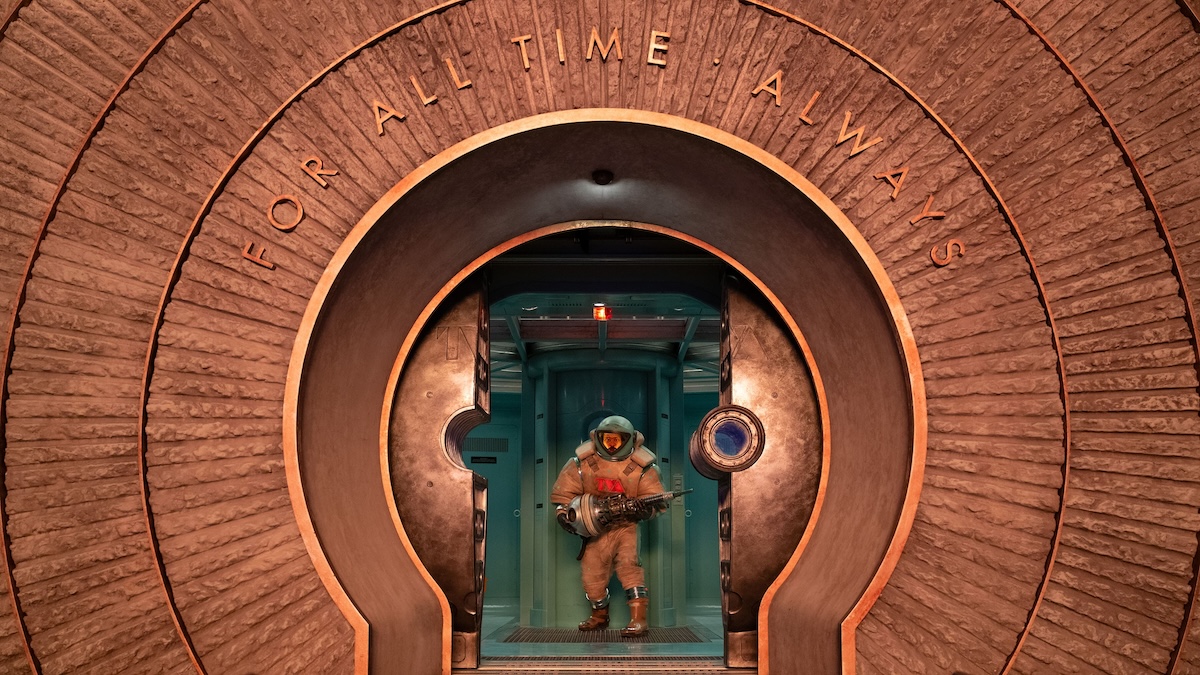
Justin Benson and Aaron Moorhead directed four of the six episodes, and their credentials as low-budget filmmakers specialising in weird sci-fi serve the show well. Marvel has a tendency to hire talented independent filmmakers (maybe because they’re cheap or don’t have enough clout to push back on what Kevin Feige and his team want these projects to be), but it helps that Benson and Moorhead have a clear interest in this sort of genre material and bring a clear love for it to the screen.
It would have been nice to spend more quality time with Mobius and Loki as a duo again, or for some of the ancillary TVA characters to get some overdue attention, but it’s understandable that a few things suffer because the entire season’s effectively an extended climax to last season’s tale. But there are enough quality character moments to make these episodes connect on an emotional level, and the ending really is something of a miracle considering how often Loki feels like it’s close to disappearing up its own backside at times.
If this really is the end of the line for Loki, it’s hard to imagine a more perfect way to say goodbye to an old friend and foe.
USA | 2023 | 6 EPISODES | 2.39:1 | COLOUR | ENGLISH

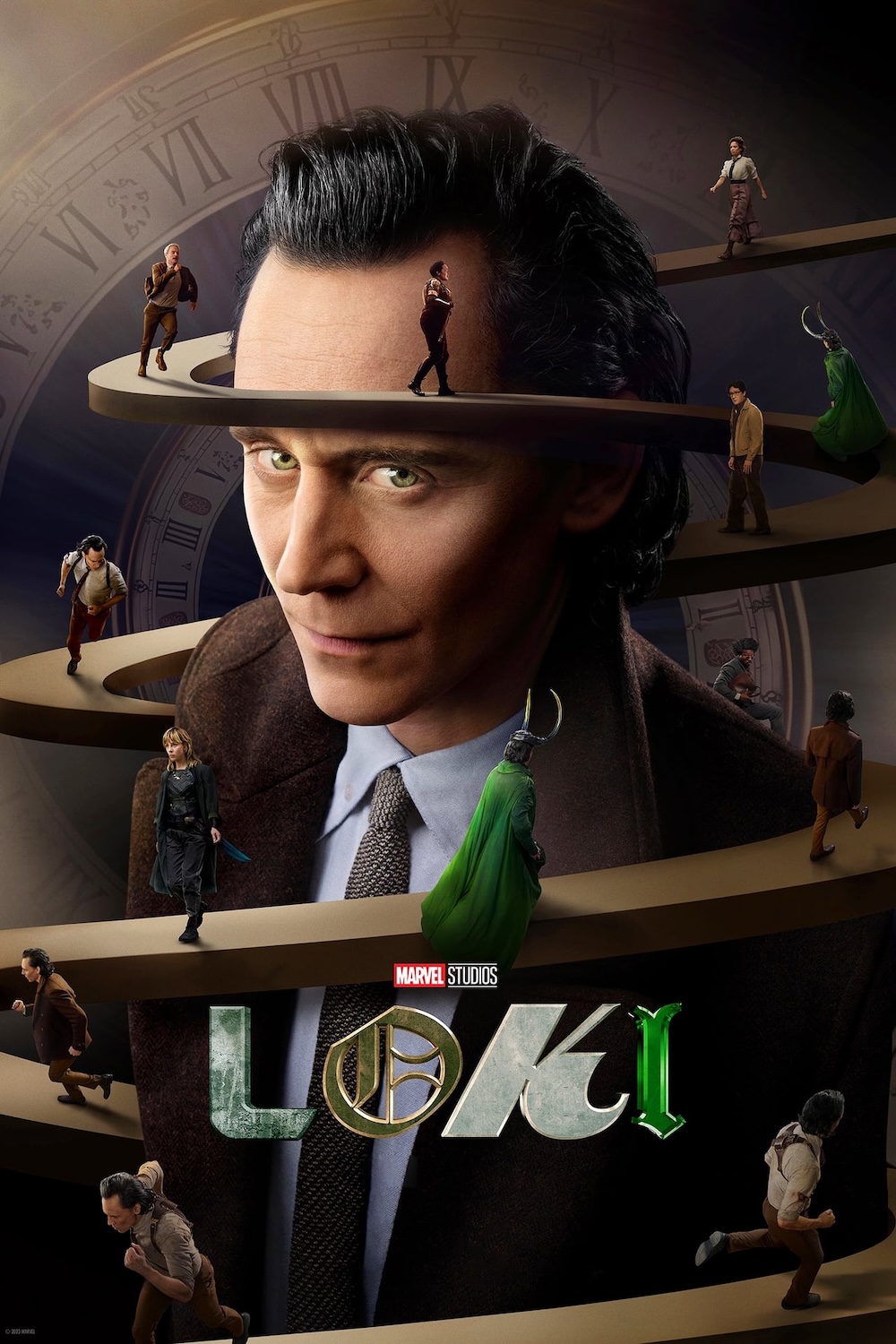
writers: Eric Martin, Kasra Farahani, Jason O’Leary & Katharyn Blair.
directors: Justin Benson, Aaron Moorhead, Dan DeLeeuw & Kasra Farahani.
starring: Tom Hiddleston, Sophia Di Martino, Wunmi Mosaku, Eugene Cordero, Rafael Casal, Kate Dickie, Liz Carr, Neil Ellice, Ke Huy Quan, Owen Wilson, Gugu Mbatha-Raw, Tara Strong (voice), Richard Dixon & Jonathan Majors.
